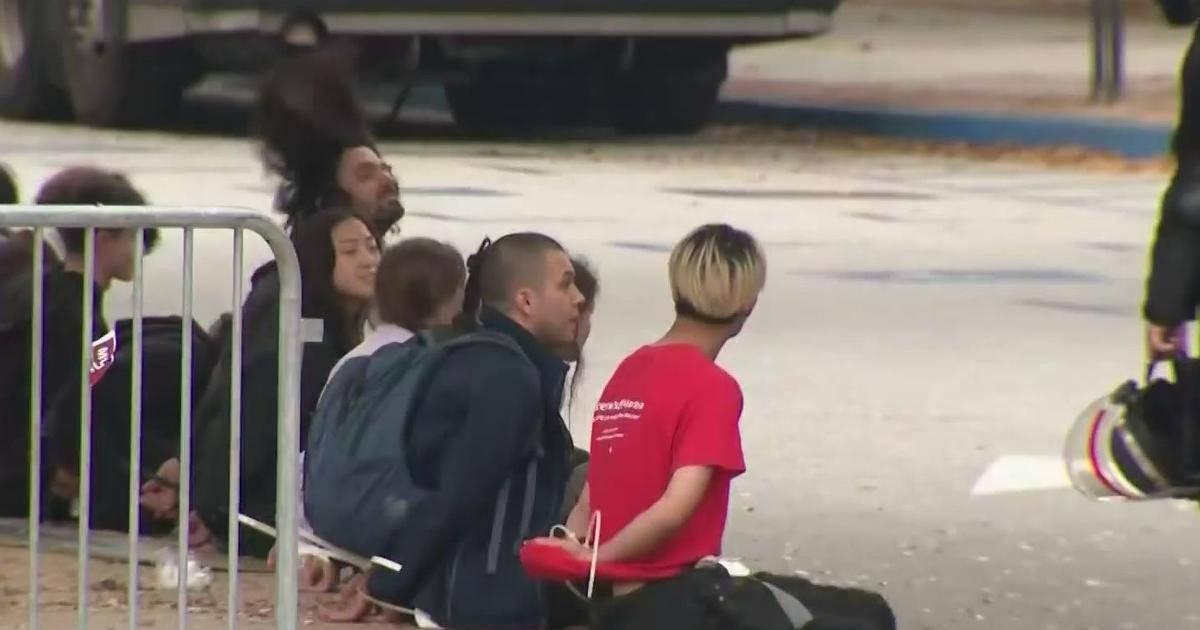California's Willful Defiance Law Limits Suspensions, Expulsions For Backtalking Students
SACRAMENTO (CBS13) — A new state law is stirring controversy and raising questions about how to discipline kids who misbehave in school.
The law limits the use of suspensions for young children and expulsions for all students. Supporters say suspensions have gotten out of hand, with about 750,000 a year.
"We know that it's very harmful to suspend a student out of school," said Assemblyman Roger Dickinson.
That's why he worked to pass Assembly Bill 420.
"If you're suspended out of school even once, that doubles the likelihood the student will drop out," he said.
The law is designed to counteract what would seem to be heavy sentences for minor rule violations. Suspensions for willful defiance of school staff are no longer allowed for children between kindergarten and third grade. Expulsions are also no longer allowed for students above third grade for willful defiance—backtalk or refusal to work.
"We don't want to suspend them, we want to help that kid," said Jeff Freitas with the California Federation of Teachers.
While teachers agree with the law's spirit to keep kids in the classroom and limit suspensions, they point out the law comes with no funding to address students' behavior issues.
"We need to provide services for that student so we can figure out what's going on so we can resolve that issue. Does the student need something? And that's the unfunded part of it, there is no funds to do that," he said.
Dickinson insists the law can be implemented without financial hardship. Both Sacramento City and Elk grove Unified school districts say they are on board and have already been working to change discipline tactics.
"For Elk Grove Unified we are already on top of the game, I believe our administrators have done a great job in terms of anticipating this elimination of suspension for those grade levels," said spokesman Carl Steinauer.
Students will still be able to be suspended for a host of other, more serious violations. Proponents say the law will also help cut down on minority suspensions, which are disproportionate to their population in school.













